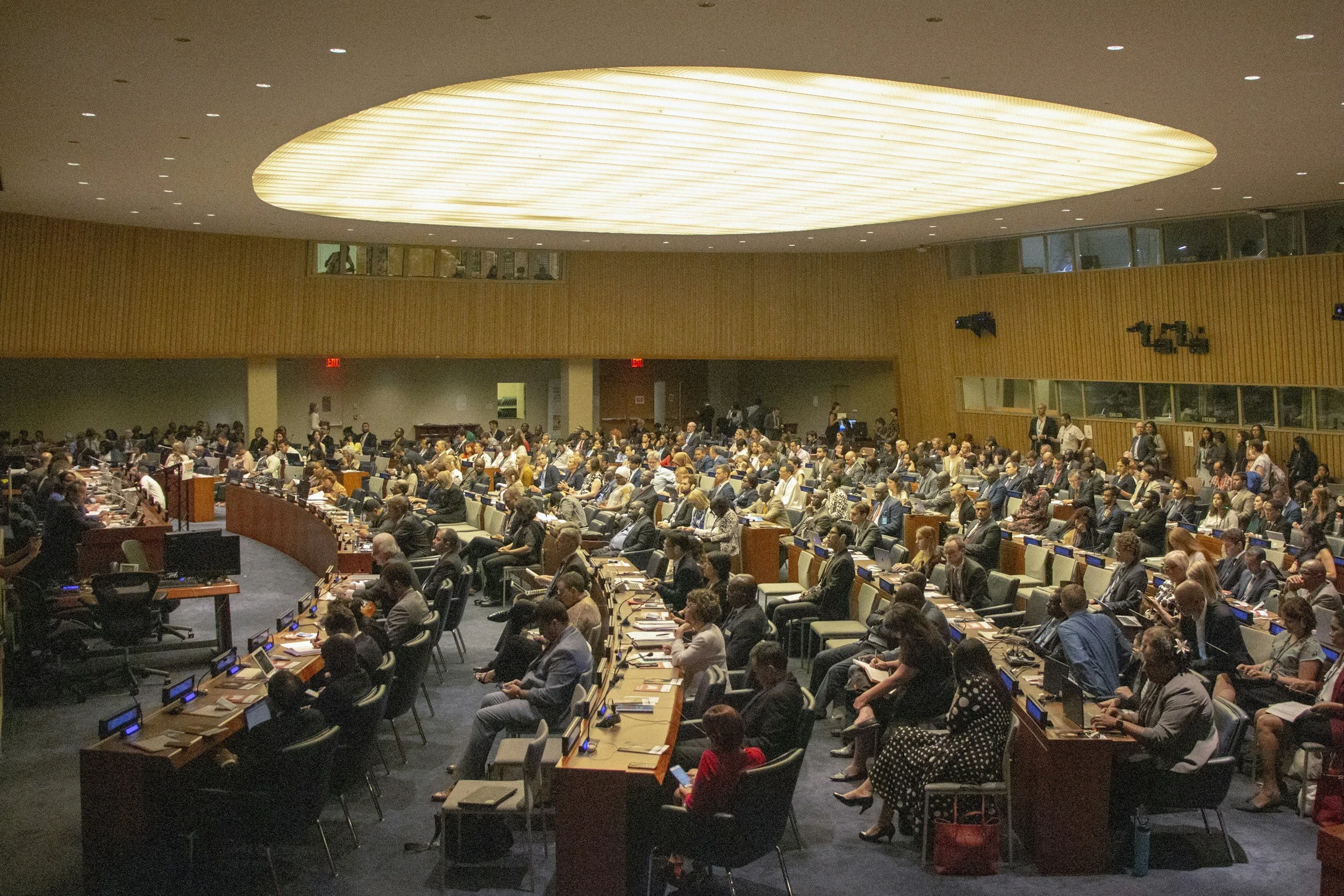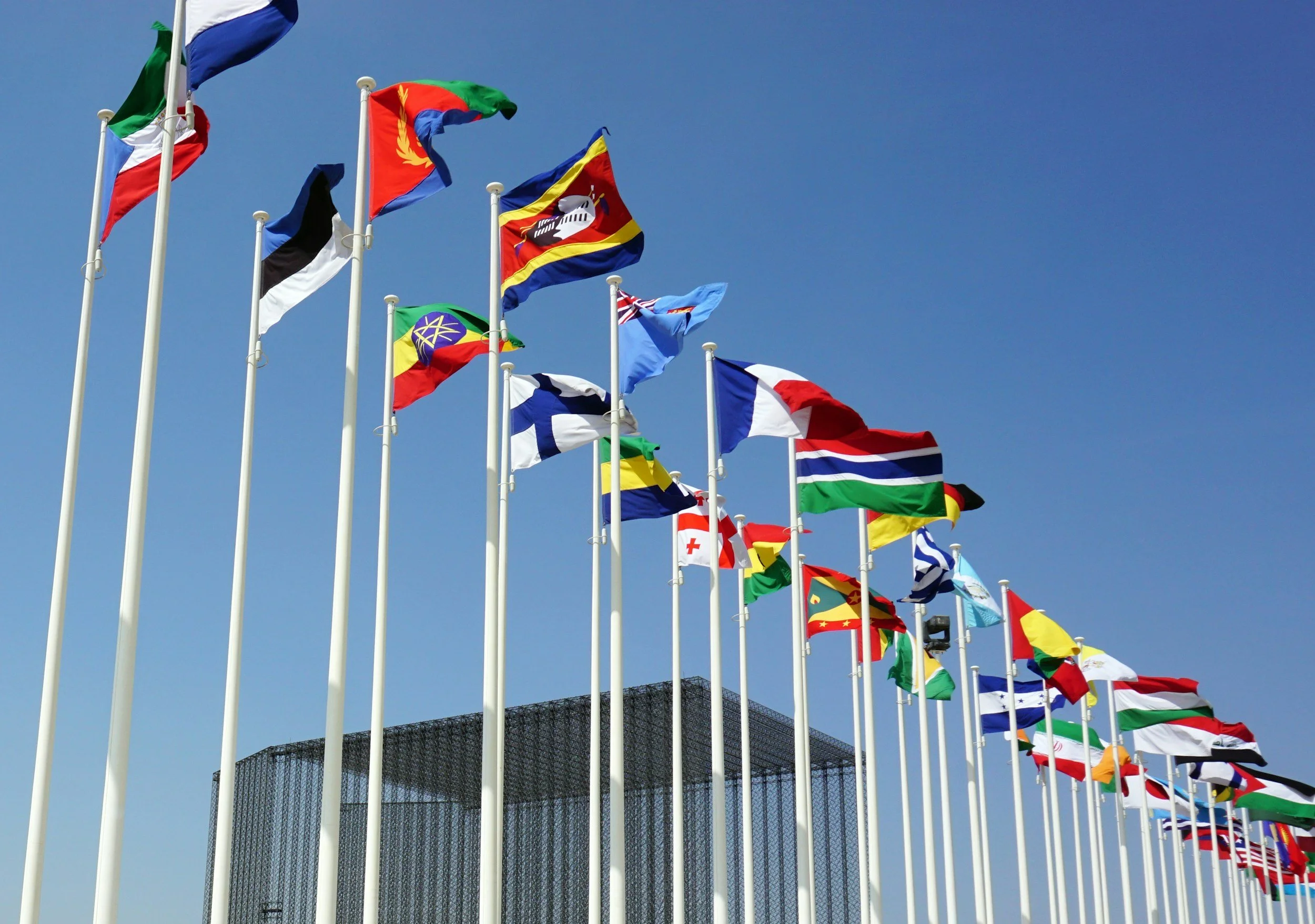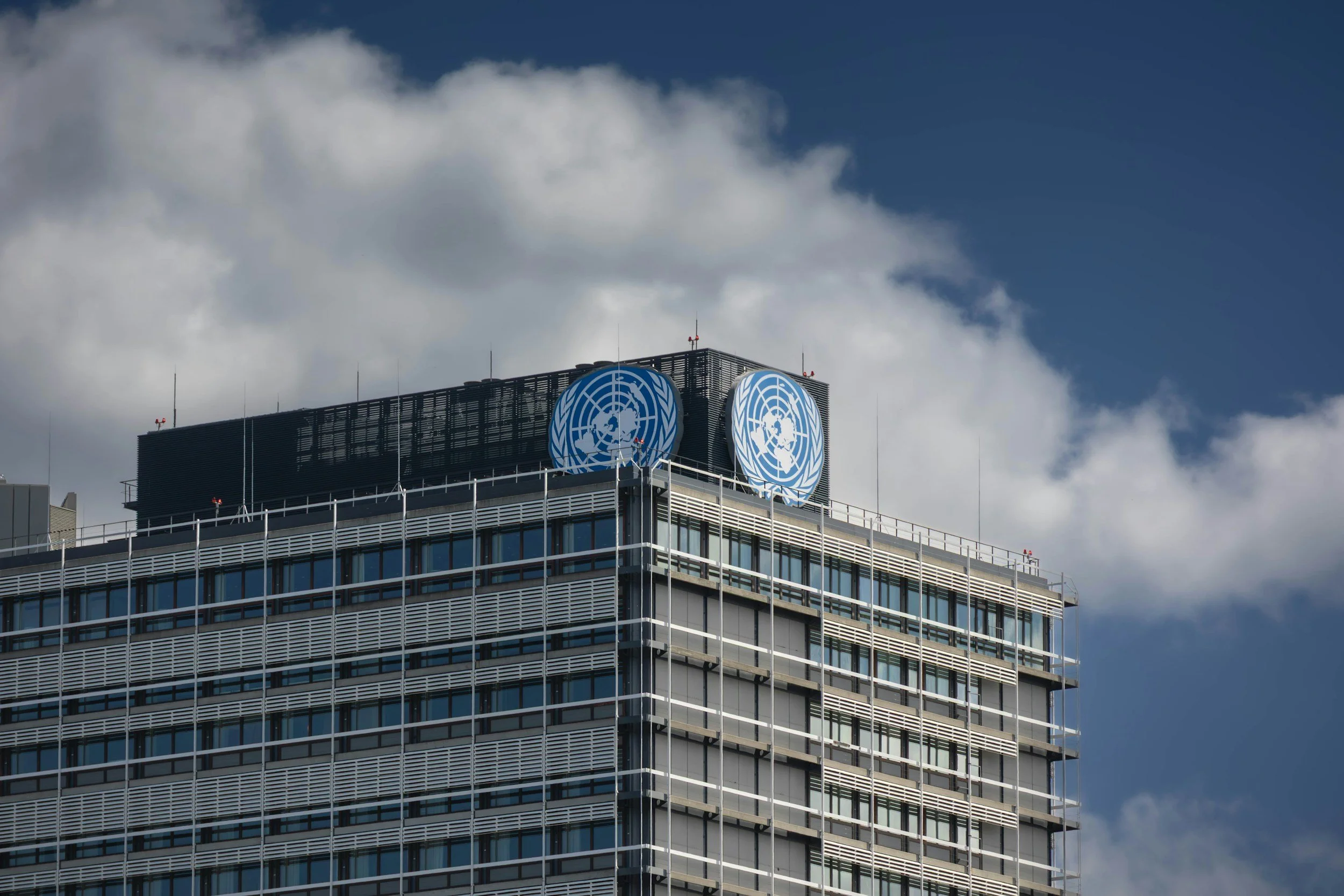International Advocacy
At the international level, we advocate inside multilateral institutions — especially the United Nations — to reshape the assumptions, language, and logics that drive global governance.

What do we do?
Our international advocacy focuses on:
Embedding epistemic justice – amplifying underrepresented knowledge systems and critical perspectives
Bridging theory and practice – using philosophical insight and scientific method to strengthen global governance
Shaping the agenda – participating directly in the UN ecosystem as a recognised stakeholder in global policy debates

Events Hosted at the United Nations
-

UN Side Event: “The Future of Peace: Defining a Foundation for Global Peacecraft”
Event organised by PACS Institute at the 58th Session of the UN Human Rights Council, held on 24 March 2025, Room XXV/Hybrid. Moderated by Anders Reagan, this event tackled the absence of a clear, empirical definition of peace and its policy implications. Panellists included UN Independent Expert Dr. Ceciilia Bailliet, and Executive Director Sean Conner.
Topics explored: (1) Why peace must be understood as a measurable systemic condition—not simply absence of conflict, (2) how emerging disciplines (neuroscience, cognitive science, evolutionary theory) can inform peace frameworks, and (3) the design of global prevention systems grounded in robust, interdisciplinary peace ontology.
Outcome: The event attracted missions from multiple UN Member States, UNDP representatives, and other stakeholders. It directly contributed to PACS input under MGoS, and was recorded and archived for broader dissemination.

Written Statements Submitted to the UN
-

ECOSOC & High-Level Political Forum 2025
In our official written submission to the 2025 ECOSOC High-Level Segment and the High-Level Political Forum, we addressed the theme: “Advancing sustainable, inclusive, science- and evidence-based solutions for the 2030 Agenda.”
Our statement called for: (1) A reframing of institutional legitimacy as a systemic property, not just a political one, (2) concrete recommendations for reforming public sector accountability and SDG governance, and (3) a push to centre inclusive, interdisciplinary, and locally grounded evidence in global implementation efforts.
Outcome: Our language and framing were reflected in the final Ministerial Declaration, and referenced by other civil society actors within the Major Groups and Other Stakeholders mechanism.
-

UN Human Rights Council (HRC58)
Our submission to the 58th Session of the UN Human Rights Council examined the philosophical foundations of universal human rights.
Key arguments included: (1) the need to critically reassess the conceptual architecture of rights, (2) a call for integrating scientific and philosophical rigour into the UN’s human rights framework, and (3) recommendations for how the HRC can evolve from normative declarations to evidence-responsive legitimacy.
Outcome: The statement was circulated by the Secretariat as part of the official record, and cited by academic observers tracking philosophical contributions to international law.

Why This Matters
Through both written statements and a high-profile side event, the PACS Institute:
Positioned philosophical and scientific reasoning at the heart of UN discourse
Elevated systemic thinking about legitimacy, peace, and institutional responsibility
Influenced multilateral policy language and practitioner understandings of peace and human rights
We aim to reshape how the UN engages with the idea of peace — backed by interdisciplinary evidence, inclusive epistemologies, and practical pathways to durable peace.

Explore Our Advocacy Work
-

National
We collaborate with emerging and established political actors to build systems-literate, evidence-based platforms grounded in wellbeing and democratic legitimacy. Our national work currently focuses on a partnership with Sweden’s Tillsammans party — translating deep research into real-world political frameworks.
-

Media
We engage in long-form public thinking through podcasts, interviews, and social platforms — turning critique into conversation. From our appearance on Sentientism to thoughtful posts on LinkedIn and Bluesky, we use media to test ideas in public and invite deeper discourse.



